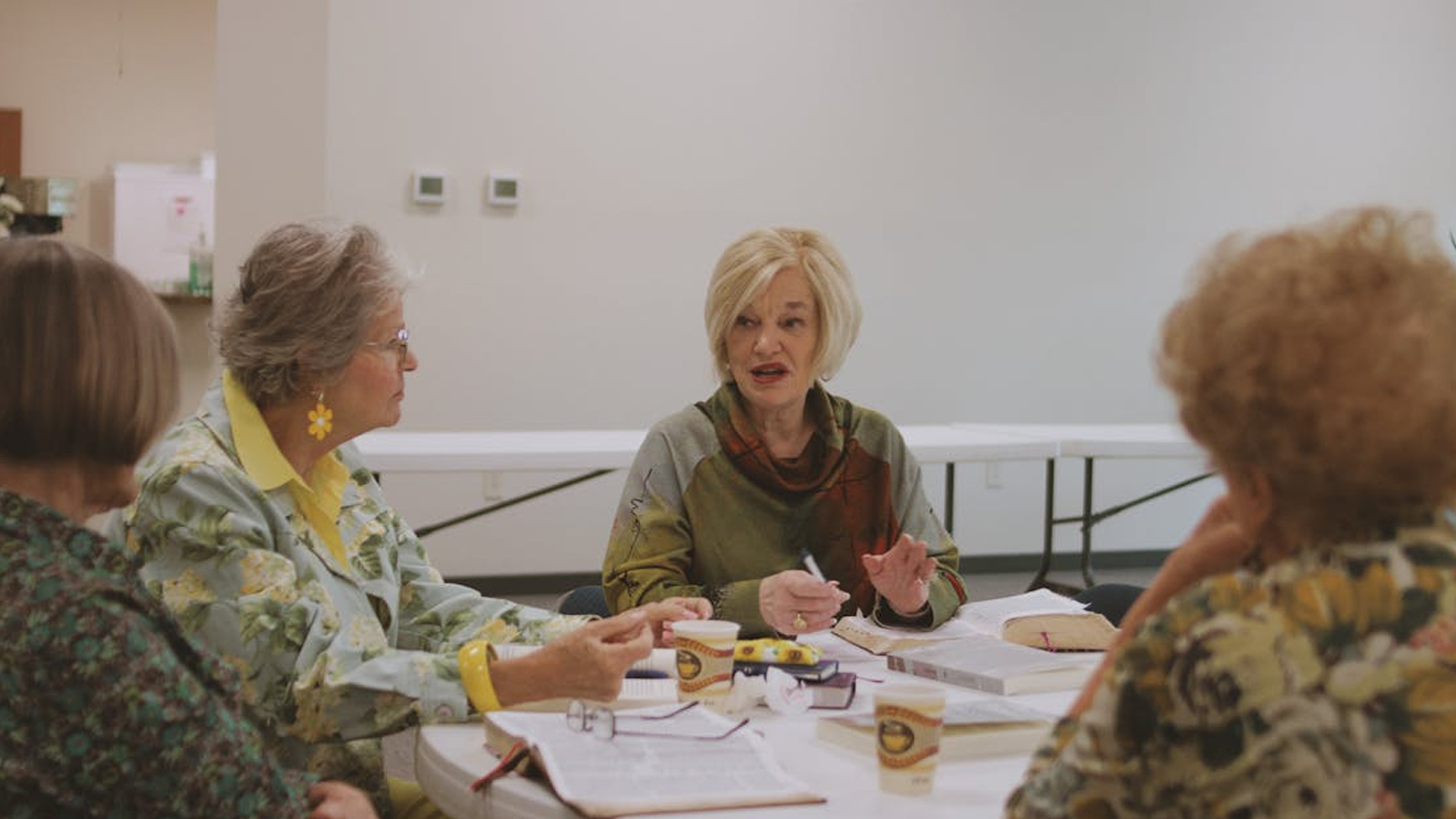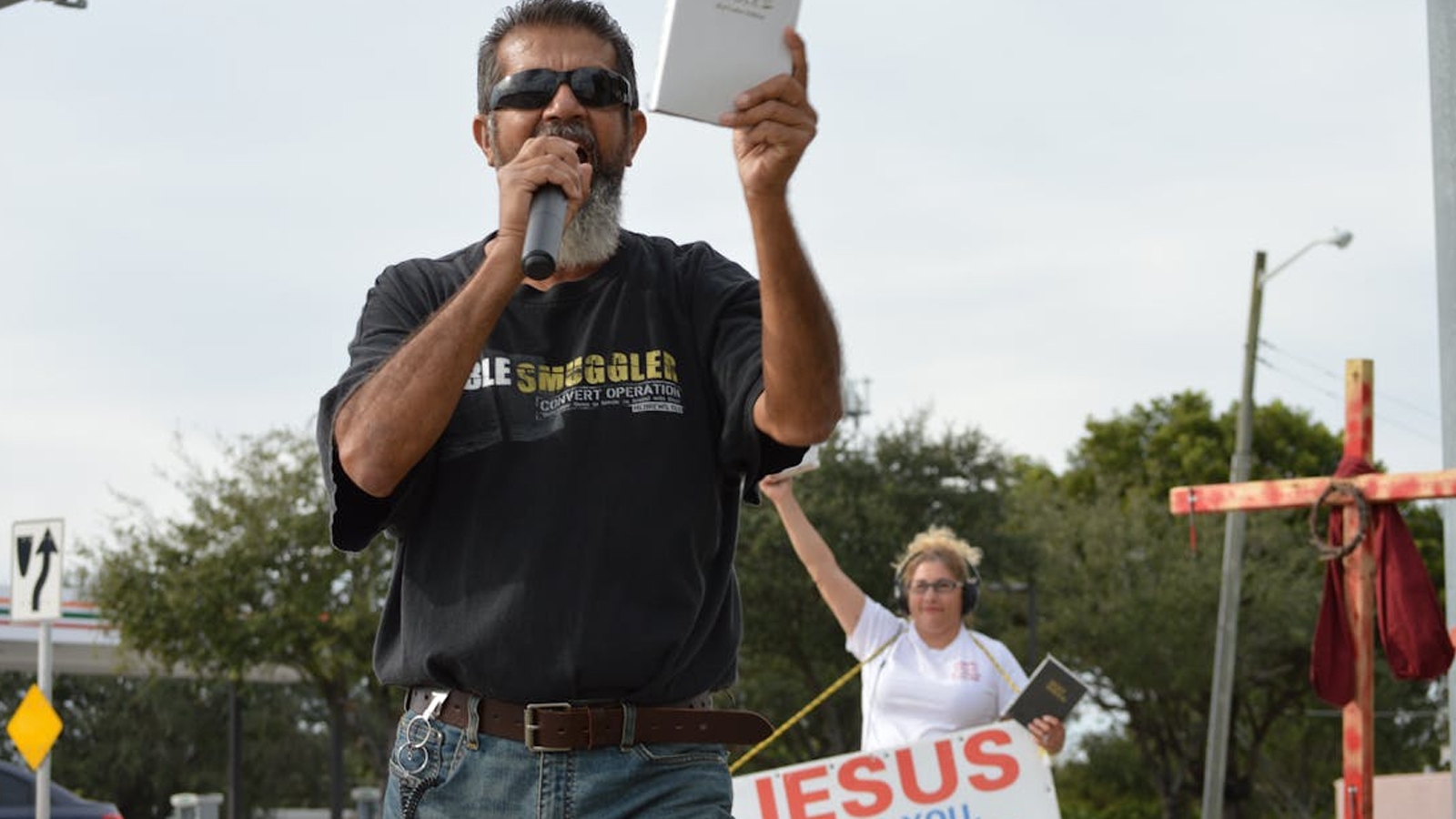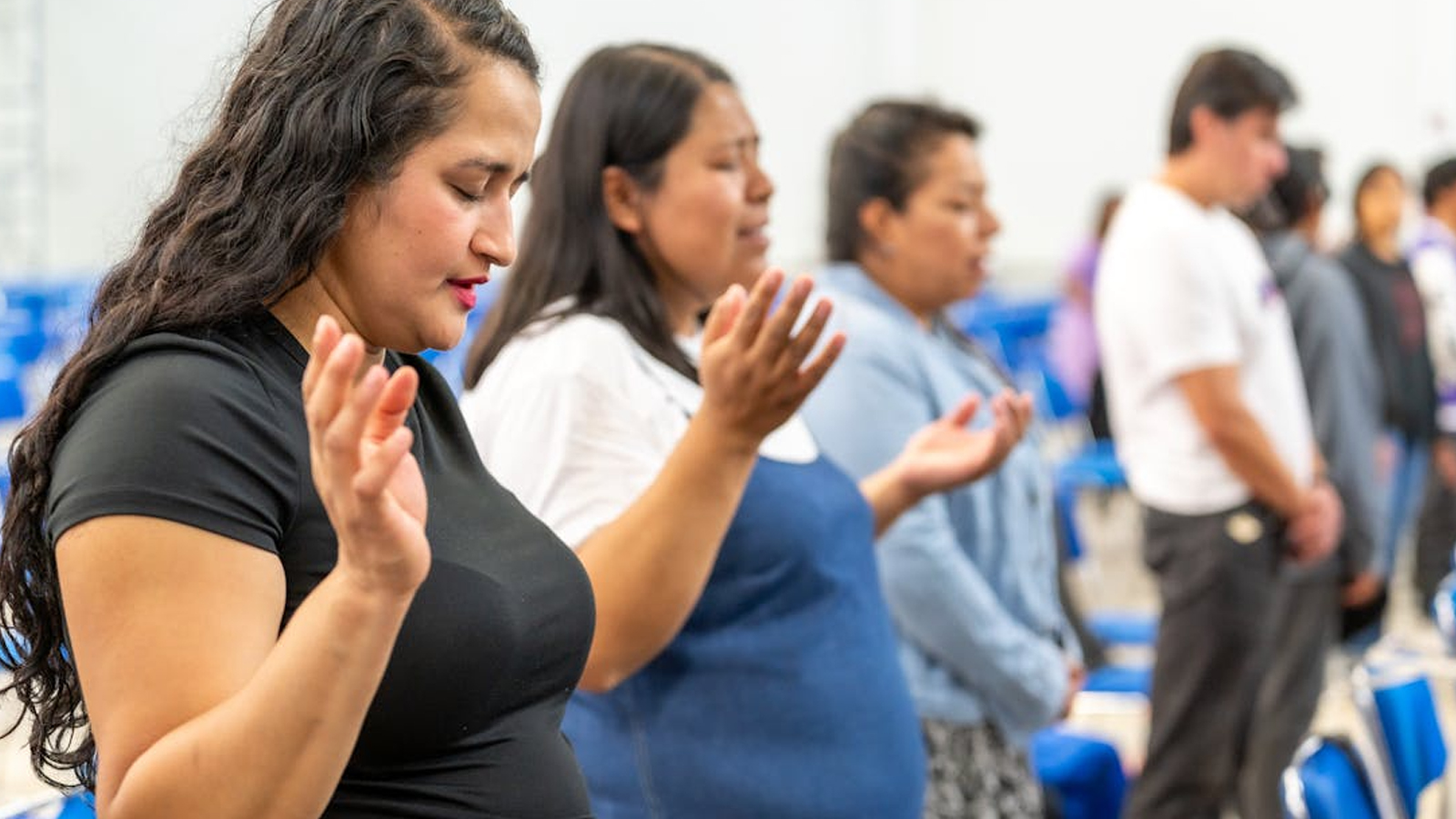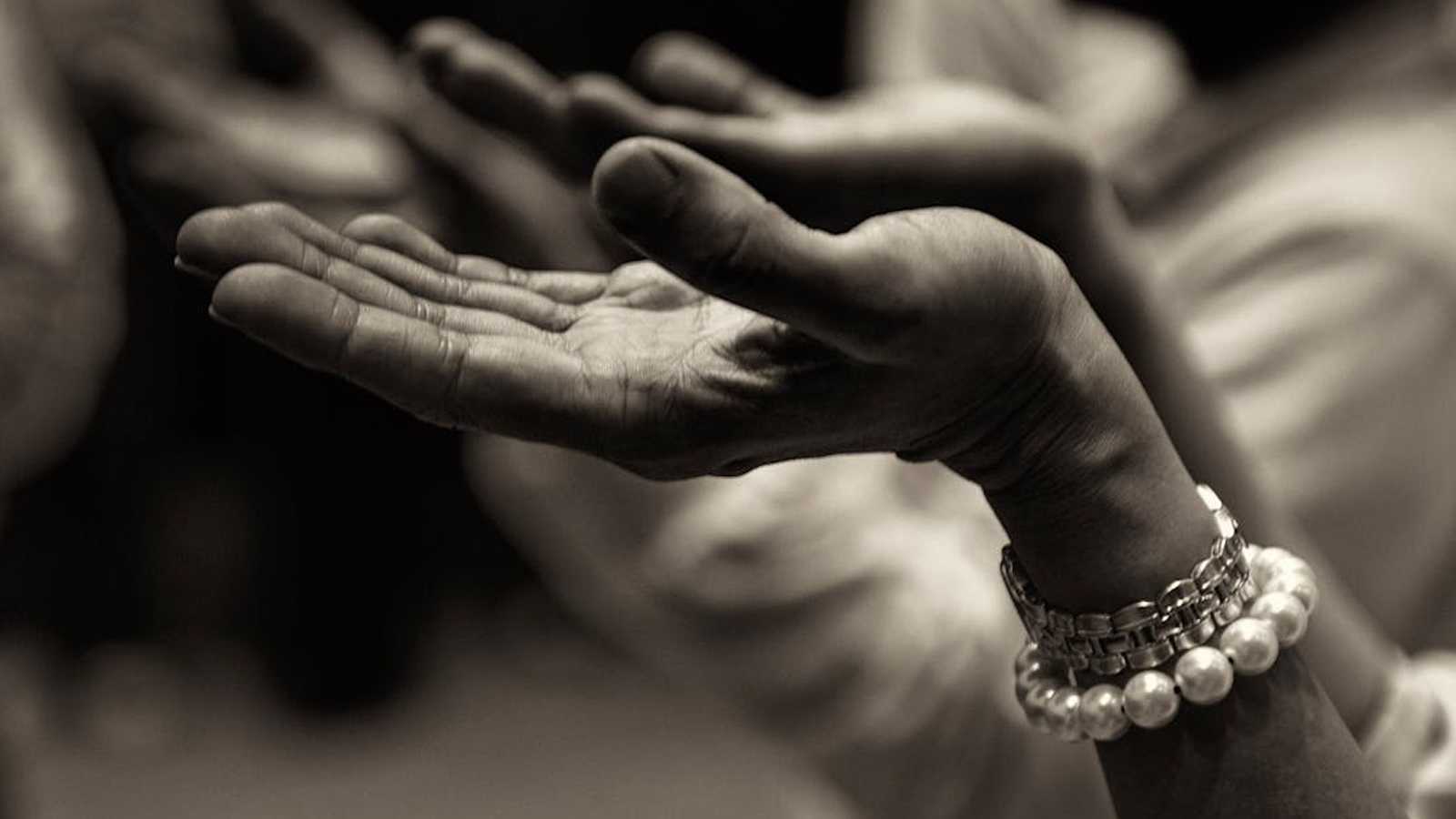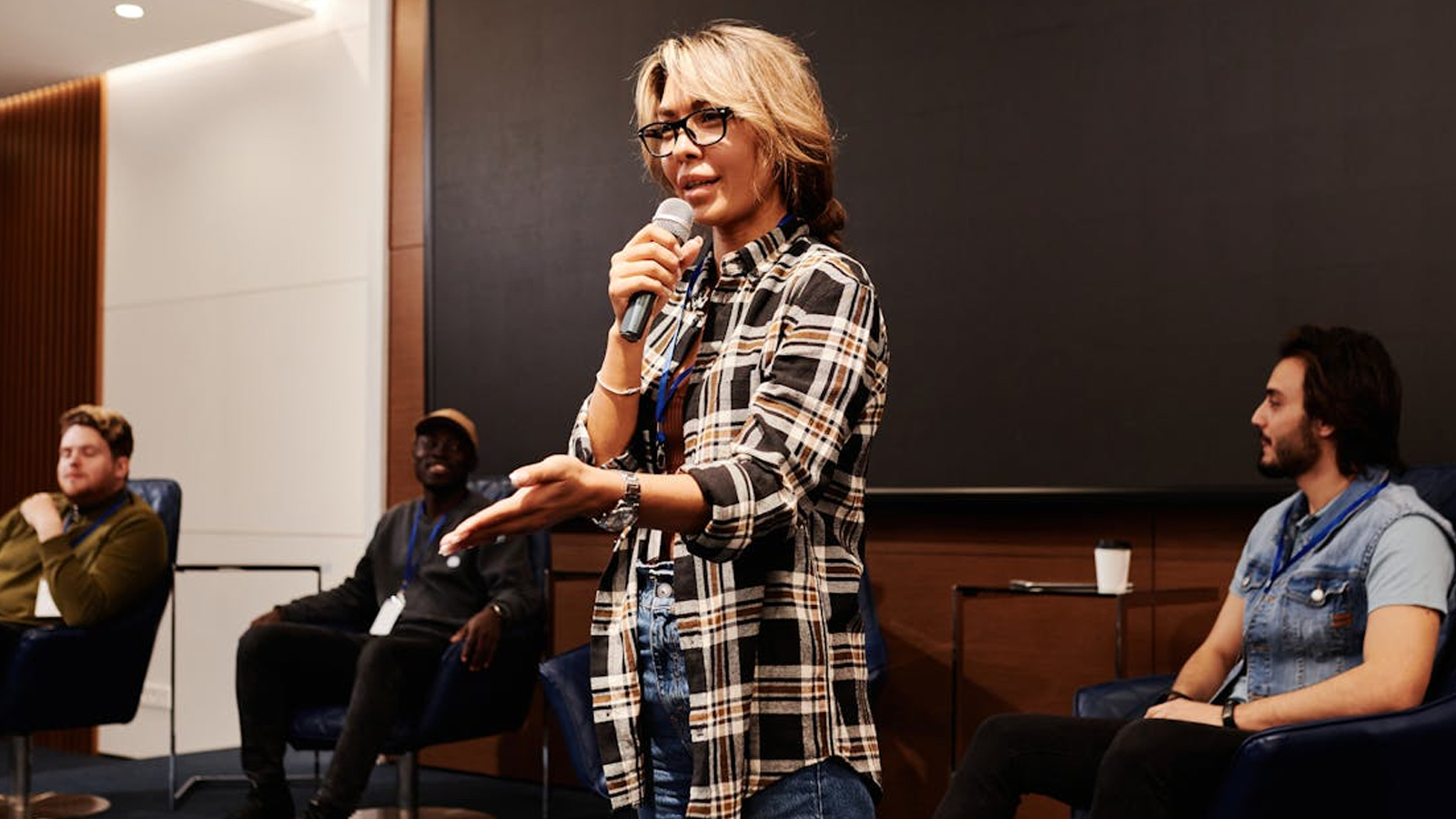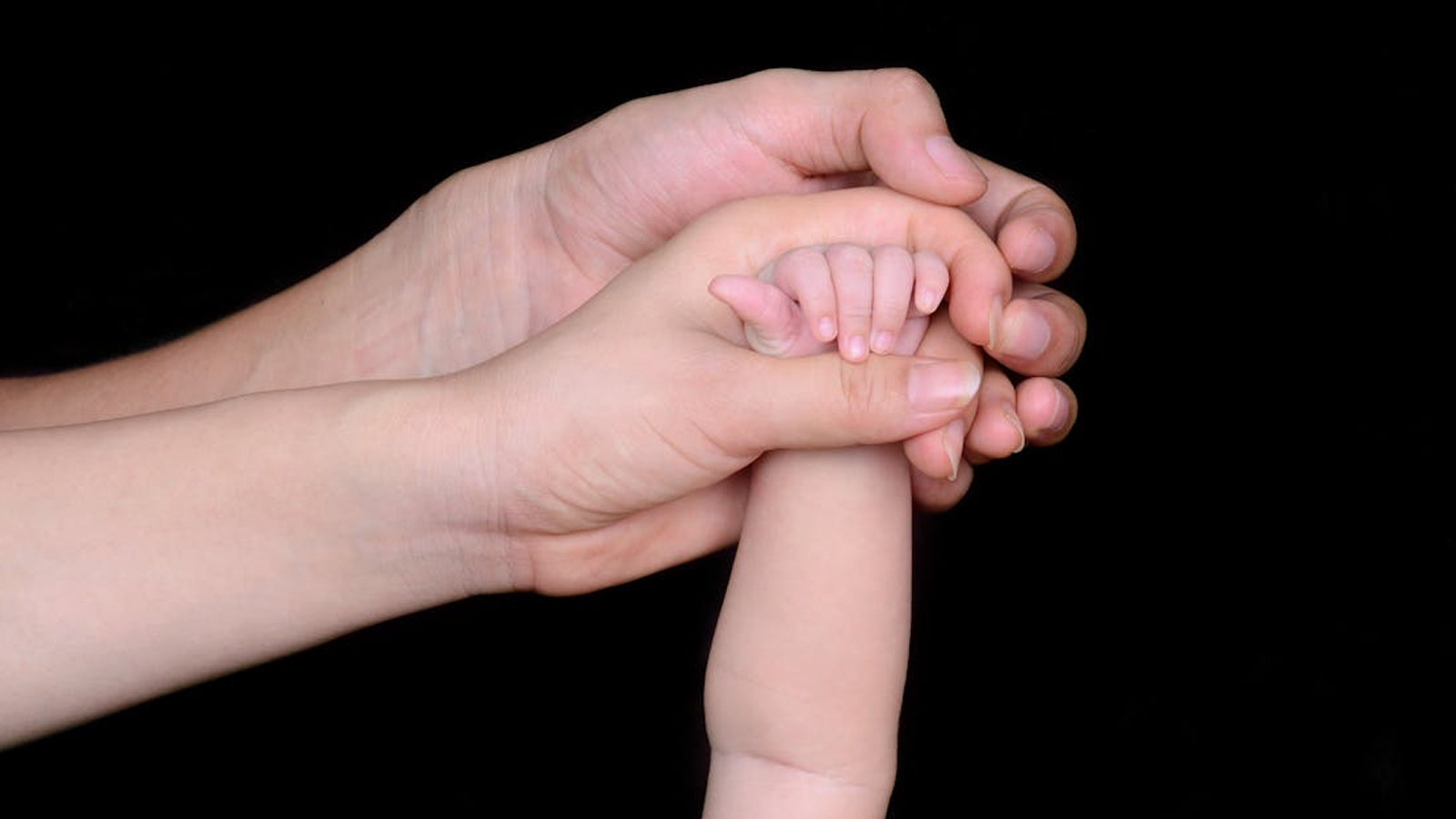Humans possess an innate sense of justice—a truth recognized by philosophers since antiquity and confirmed by modern science. Socrates called justice a “virtue of the soul,” and Plato saw it as a principle of harmony within both individuals and society. Even the youngest among us are quick to cry “unfair!” when wronged, revealing a natural expectation for fairness that precedes formal instruction. Studies show that children as young as three display a keen sense of restorative justice, preferring to return lost items to their rightful owners and to intervene when witnessing wrongdoing—even when the victim is not themselves. This universal yearning for justice is not simply learned; it is rooted in our very biology, reflected in the brain’s neural networks that light up when we perceive fairness or unfairness.
Our intuitions about justice and law are remarkably consistent across cultures and eras. Research finds that people everywhere share nuanced and specific intuitions about core harms—physical aggression, theft, and deception—suggesting that justice is a product of “cognitively sophisticated human nature” rather than mere social convention. This universality helps explain why we are often outraged by injustice, even when it happens to strangers in distant lands. The justice motive runs deep: we need to believe that people get what they deserve, and we are driven to restore balance when that order is disrupted.
Yet, as G.K. Chesterton observed, “Children are innocent and love justice, while most of us are wicked and naturally prefer mercy.” Children expect the world to be fair, and their outrage is pure; adults, having seen the world’s imperfections, often lean toward mercy. This tension between justice and mercy is a central struggle of the human experience. Abraham Lincoln once remarked, “I have always found that mercy bears richer fruits than strict justice.” And research backs him up: those who extend grace and kindness to others enjoy better health, lower stress, and even longer lives. Kindness, whether given, received, or even just witnessed, has the power to boost our mood, strengthen our relationships, and improve our physical well-being.
Mercy is not just a social construct—it is a feature of human nature. Studies have found that infants across diverse societies respond favorably to acts of kindness, suggesting that the capacity for grace is as universal as the longing for justice. Compassion, empathy, and forgiveness are not merely learned behaviors but are woven into the human spirit, enabling cooperation and the protection of the vulnerable.
But the tug-of-war between justice and mercy is real. When we pull too hard in one direction, our lives become unbalanced. As Thomas Aquinas cautioned, “Mercy without justice is the mother of dissolution; justice without mercy is cruelty.” Too much focus on justice breeds detachment, rebellion, and harshness; too much mercy leads to disorder and instability. The challenge is to find the balance—a principle often called “tough love.” True tough love is not simply harsh discipline; it is the fusion of accountability and affection, of truth and grace. Parents who practice tough love—holding children to standards while expressing genuine care—raise young people who are more empathetic, resilient, and self-controlled. These children perform better in school, manage stress more effectively, and build stronger relationships. The tug-of-war between justice and mercy is real. When we pull too hard in one direction, our lives become unbalanced. Share on X
This balance benefits not only families but also teachers, coaches, and even those working in rehabilitation and recovery. Educators who blend compassionate discipline with high expectations help students thrive. Coaches who combine support with challenge foster both performance and character. In addiction recovery, programs that integrate empathy with accountability—offering both understanding and clear boundaries—see better outcomes and longer-lasting change.
The need for balance extends to the justice system itself. Rehabilitation efforts that combine justice and mercy—firm boundaries with genuine support—outperform those that rely solely on punishment or leniency. Offenders in programs characterized by “tough love” are more likely to reform and reintegrate into society.
Across every sphere of human interaction, flourishing is found in the equilibrium between justice and mercy. This is not merely a philosophical ideal but a practical necessity, rooted in our biology, affirmed by research, and echoed in the wisdom of the ages. Justice and mercy are not opposites but partners in the pursuit of human dignity and flourishing. To live well is to walk the narrow path between them—holding fast to what is right, while never losing sight of compassion.
To learn much more about how “tough love” contributes to human flourishing and establishes the reliability of the Biblical record, please read The Truth in True Crime: What Investigating Death Teaches Us About the Meaning of Life.





